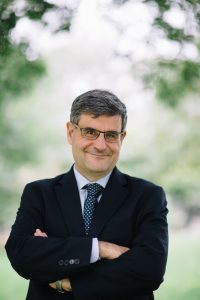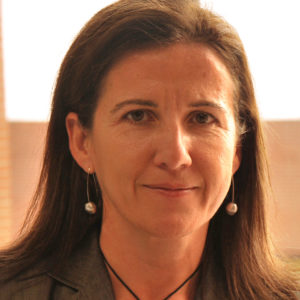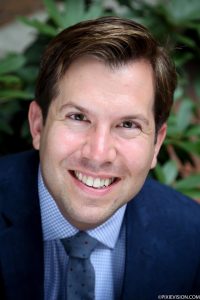Fratelli tutti: A Marvelous Gift of Pope Francis
 Rafael Domingo is Spruill Family Professor of Law and Religion at Emory University and Alvaro d’Ors Professor of Law at the University of Navarra
Rafael Domingo is Spruill Family Professor of Law and Religion at Emory University and Alvaro d’Ors Professor of Law at the University of Navarra
Pope Francis has just published a far-reaching encyclical that is destined, with time, to become his spiritual legacy to mankind in the realm of social issues. It is not surprising, therefore, that the pontiff wished to sign and present his document in Assisi, Italy, before the tomb of his beloved Saint Francis, from whom he took his name as pontiff seven years ago and from whom he now takes one of the saint’s own phrases as the title for his encyclical: Fratelli tutti (All Brothers).
In vivid terms, Francisco lays out an unvarnished snapshot of current world affairs with its myriad problems and challenges, from the lacerating COVID-19 pandemic to the multiple open wounds on society caused by misguided immigration policies, racism, unemployment, discrimination against women, human trafficking, abortion, populism, wars, rampant financial speculation, abuse of power, and the death penalty. Throughout his lengthy document, the pope dispenses advice ranging from the intensely personal—such as cautioning against “a frenzy of texting” in pursuit of instantaneous knowledge at the expense of real wisdom (para. 49)—to the grandly collective, such as calling for reforming the United Nations and for setting clear legal limits on financial and global institutions to “avoid power being co-opted only by a few countries” at the expense of weaker ones (para. 173).


